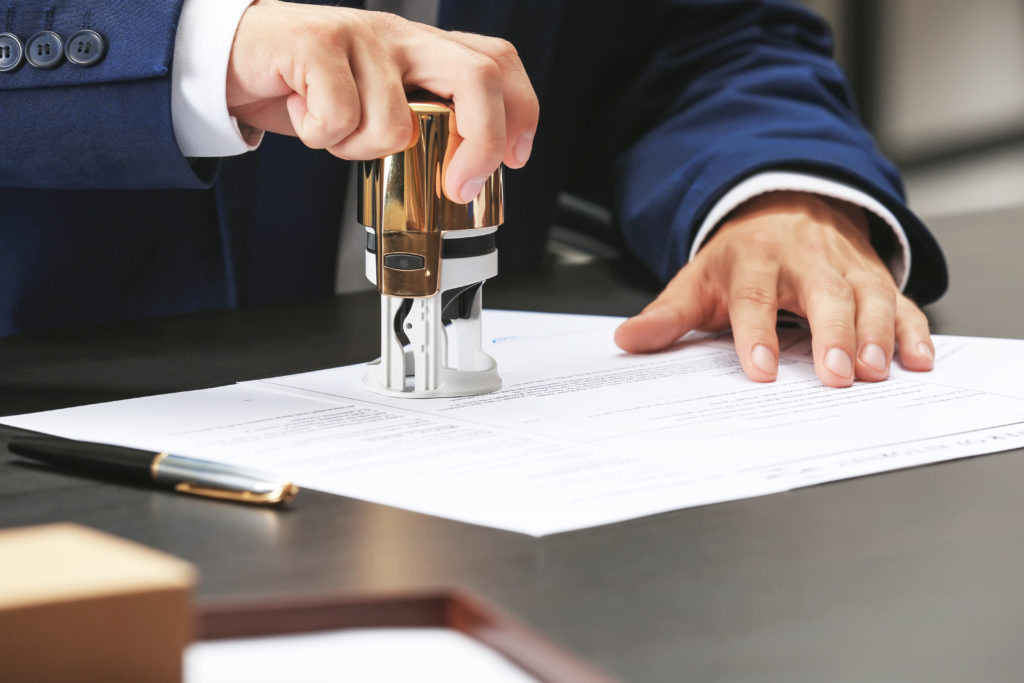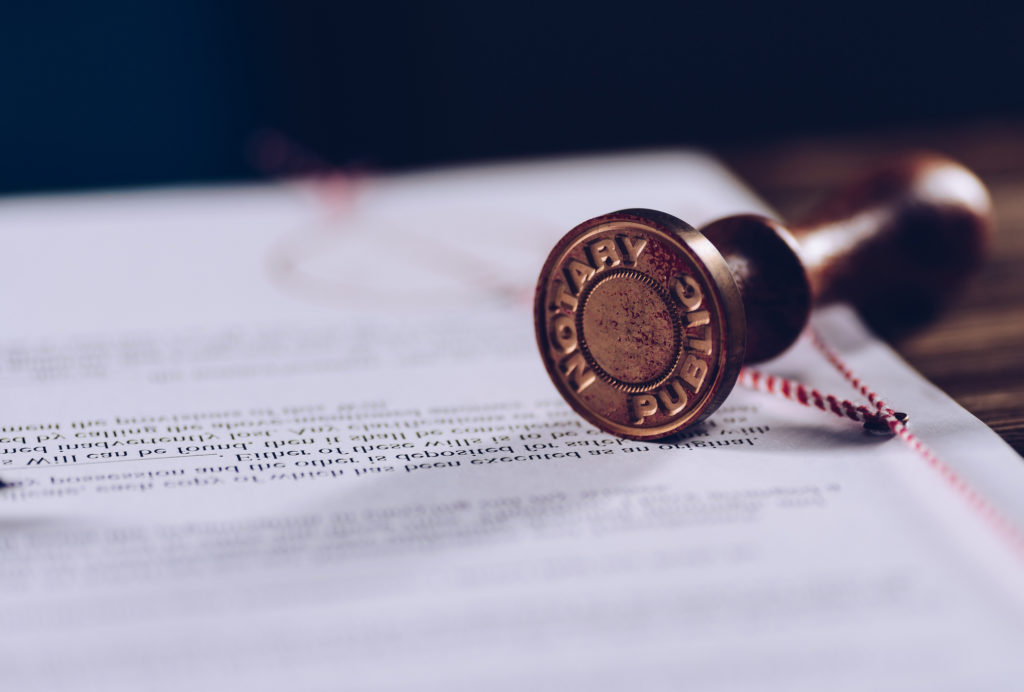Understanding Apostille: Simplifying International Document Legalisation
Understanding Apostille: Simplifying International Document Legalisation
Blog Article
Demystifying Notarial Work: Streamlining the Function and Relevance of Notaries
In the detailed internet of legal documentation and verification, notaries stand as columns of guarantee and authenticity. Their role, usually shrouded in enigma for numerous, lugs considerable weight in ensuring the validity and stability of important records. As guardians of validity and fact, notaries play a crucial component in our culture, yet their job is not constantly totally recognized. By unraveling the complexities shedding and bordering notarial techniques light on the relevance of their acts, a more clear understanding arises of the crucial function notaries play in supporting the fabric of legal and contractual agreements.
The Background of Notarial Job
The history of notarial work days back to ancient people, where scribes played an important duty in taping vital info and confirming records. This led to the advancement of notaries, people designated by the state to act as unbiased witnesses in legal issues.
During the Center Ages, notaries acquired prominence in Europe, with their functions expanding to consist of preparing lawful documents, accrediting trademarks, and maintaining documents. The rise of international trade even more highlighted the importance of notarial operate in confirming agreements and contracts throughout boundaries.
In the modern-day period, notaries proceed to play a vital role in legal and company deals by confirming identities, verifying the credibility of records, and preventing fraud. Their role in accrediting the credibility of contracts adds a layer of safety and security and depend the ever-evolving landscape of commerce and legislation.

Responsibilities and Obligations of Notaries
The historical development of notarial job from ancient civilizations to the modern-day era has actually shaped the unique obligations and duties that notaries promote in legal and service deals today. Notaries play an essential duty in validating the credibility of papers and the identity of signatures. Among their key duties is to witness the finalizing of vital documents, such as actions, wills, and contracts, to make sure that all celebrations are getting in right into contracts knowingly and voluntarily. Notaries likewise verify that signatories are of sound mind and not under discomfort or coercion.
Furthermore, notaries are tasked with carrying out vows and affirmations, which are essential in lawful proceedings and the execution of sworn statements. They certify duplicates of initial records, providing assurance to establishments that the duplicates hold true replicas of the originals. Notaries need to keep exact documents of all transactions they oversee to ensure transparency and liability. Overall, the responsibilities and obligations of notaries are important in securing the read what he said stability and legitimacy of different papers and purchases.
Notarial Certificates and Signatures
Exemplifying meticulous focus to information, notarial certificates and signatures serve as essential parts in confirming the credibility of lawful documents. Notarial certificates usually include essential details such as the date of notarization, the names of the notaries, a summary of the record, and the notary's official seal. These certificates provide a clear record of the notarial act, guaranteeing that the paper can be easily identified and traced back to the notary that managed the process.
Signatures play a crucial function in notarial work, as they indicate the agreement and authorization of the celebrations entailed. Notaries very carefully witness the signing of papers to verify the identity of the signatures and verify that they are authorizing of their own free will. By affixing their official seal and trademark to the document, notaries license important source that the required treatments have been complied with which the document is enforceable and legitimate.
Essentially, notarial certificates and trademarks are the trademark of authenticity in lawful transactions, supplying guarantee to all parties included that the records are legitimate and binding.
Value of Notarial Acts

Notarization Refine Clarified
The registration process generally begins with the specific providing the paper to a notary public. Once the identification is validated, the notary makes certain that the specific signing the document does so voluntarily and without any type of browbeating.

Conclusion

Notarial certificates commonly consist of crucial details such as the date of registration, the names of the notaries, a description of the file, and the notary's official seal. These certifications offer a clear document of the notarial act, ensuring that the paper can be quickly recognized and mapped back to the notary that managed the procedure.
By fastening their official seal and signature to the document, notaries license that the needed treatments have actually been complied with and that the paper is legitimate and enforceable.
By confirming the identity of the notaries, confirming their determination to enter into the agreement, and certifying the day and area of the special info signing, notaries play an essential duty in supporting the credibility of lawful records.After the paper is signed, the notary will fasten their official seal or stamp onto the paper.
Report this page